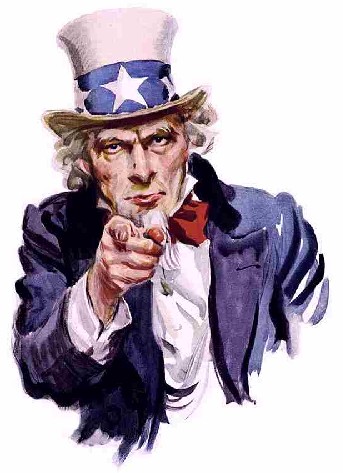Laboratory experiment: Artificial environment with tight controls over variables.
Field experiment: Natural environment with independent variable manipulated by researchers.
Natural experiment: Natural changes in independent variable are used - it is not manipulated.
Strenths and limitations
Labrotory
| Strengths: | Weaknesses: |
|---|---|
| Tighter control of variables. Easier to comment on cause and effect. | Demand characteristics - participants aware of experiment, may change behaviour. |
| Relatively easy to replicate. | Artificial environment - low realism. |
| Enable use of complex equipment. | May have low ecological validity - difficult to generalise to other situations. |
| Often cheaper and less time-consuming than other methods. | Experimenter effects - bias when experimenter's expectations affect behaviour. |
Field
A field experiment is an experiment; the independent variable is manipulated. Not all field studies are experiments.| Strengths: | Weaknesses: |
|---|---|
| People may behave more naturally than in laboratory - higher realism. | Often only weak control of extraneous variables - difficult to replicate. |
| Easier to generalise from results. | Can be time-consuming and costly. |
Natural
| Strengths: | Weaknesses: |
|---|---|
| Situations in which it would be ethically unacceptable to manipulate the independent variable. | The independent variable is not controlled by the experimenter. |
| Less chance of demand characteristics or experimenter bias interfering. | No control over the allocation of participants to groups (random in a 'true experiment'). |
key terms
Independent variable (IV): Variable the experimenter manipulates - assumed to have a direct effect on the dependent variable.
Dependent variable (DV): Variable the experimenter measures, after making changes to the IV which are assumed to affect the DV.

